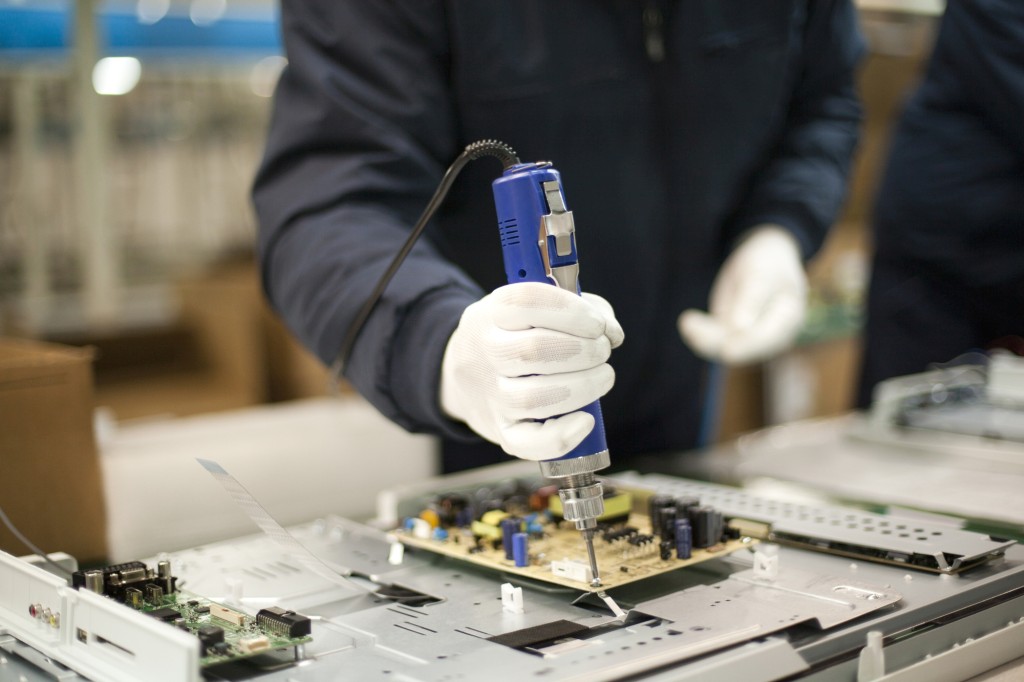› Forums › IoTStack › News (IoTStack) › From Prototype to Mass Manufacturing – Understanding Scaling Costs for Physical Products
Tagged: 3Dprinting_S11, Tips_G9, Tooling_H4
- This topic is empty.
-
AuthorPosts
-
-
March 14, 2019 at 4:17 pm #39852
#News(IoTStack) [ via IoTGroup ]
Headings…
From Prototype to Mass Manufacturing – Understanding Scaling Costs for Phy
Types of prototypes
Time from prototype to mass manufacturing
Electrical certifications
FCC certification
UL/CSA certification
Certifications for lithium batteries
CE certification
RoHS
BluetoothAuto extracted Text……
Technically electrical certifications aren’t legally required to manufacture a product, only to sell it.
However, you should always obtain certifications before you begin mass manufacturing a product since design changes will likely be require d.
d.
One of the major costs for scaling a product is the electrical certifications.
Let’s break this down into each of the certifications you will likely require for your product:
Any electrical product that uses circuits oscillating at 9 kHz or higher requires FCC certification.
Fortunately for most products that are wireless, you can still get by with non-intentional radiator certification by using pre-certified modules for any wireless functionality.
Modules lower your certification cost and reduce your development costs, development risks and the time it takes to develop the product.
You need to be at a high production volume before the savings on your manufacturing costs offset all the extra upfront certification costs.
Since your product never comes into direct contact with the AC electricity you will not require UL certification.
CE certification is only required if you plan to sell your product in Europe.
RoHS certification is required to show that your product is free of lead.
Even though in the U.S. it’s only required in a single state, California’s market is so huge that most companies selling products in the U.S. elect to obtain RoHS certification.
The last certification to discuss is really a licensing fee that is required if your product uses Bluetooth.
Each custom shaped plastic part required for your product will need its own separate high-pressure injection mold.
If your product requires four custom pieces of plastic, you will need four aluminum molds at $1,500 each for a total mold cost of $6,000.
Molds tend to be one of the biggest costs when scaling a hardware product.
Start with low cost single-cavity aluminum molds, sell some product, and then ramp up slowly from there
Read More..
AutoTextExtraction by Working BoT using SmartNews 1.02976805238 Build 26 Aug 2019
-
-
AuthorPosts
- You must be logged in to reply to this topic.
